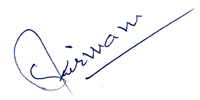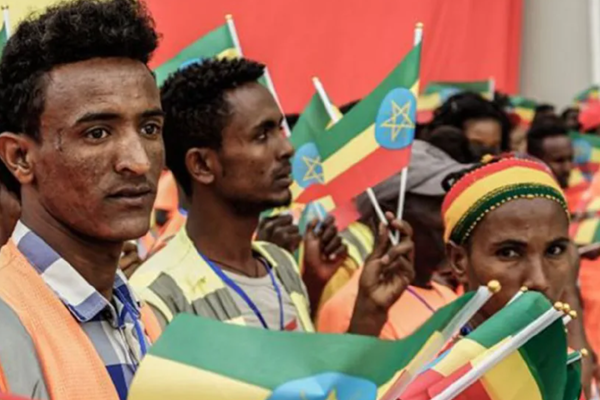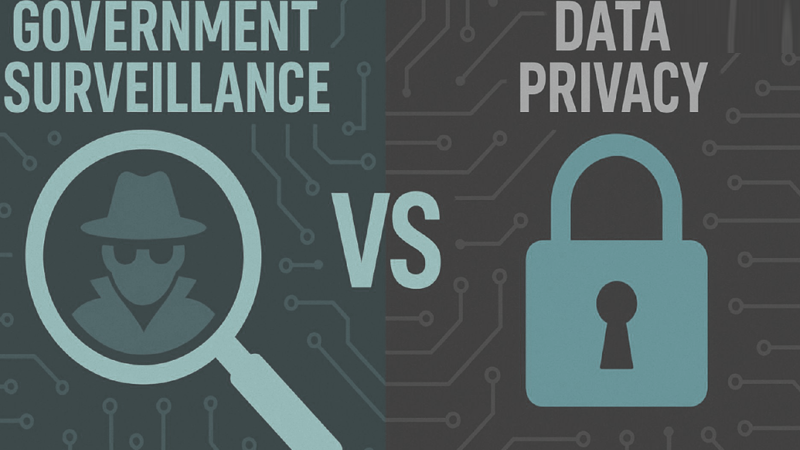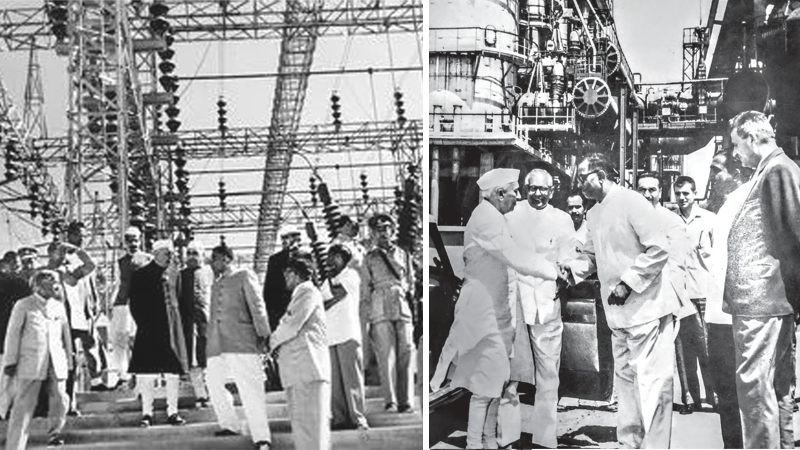Crony Capitalism and the Shrinking Space for Small Enterprise
Editorial
Welcome Ceasefire: A Fragile Dawn of Hope in Gaza
After months of relentless violence, destruction, and deep human tragedy, the announcement of a complete ceasefire between Israel and Gaza has brought a much-needed moment of relief to a weary region. For the first time in many months, the sounds of airstrikes and sirens are being replaced by an uneasy silence — a silence that carries both hope and caution.
According to reports, Israel has begun the withdrawal of its troops from Gaza, marking a crucial step in de-escalation. Simultaneously, Gaza authorities have agreed to release abducted individuals, a humanitarian gesture that signals the possibility of dialogue and reconciliation. While this ceasefire has been welcomed globally, its durability will depend on whether both sides can translate this truce into a sustainable peace process rather than a temporary pause before renewed conflict.
The recent months have witnessed catastrophic loss — thousands of civilian casualties, displacement of families, and near-total collapse of infrastructure in Gaza. International pressure, particularly from regional mediators like Egypt and Qatar, coupled with rising dissent within Israel over the prolonged conflict, appears to have finally created the space for diplomatic resolution.
However, history tempers optimism. The Middle East has seen numerous ceasefires crumble under the weight of mistrust and unaddressed grievances. Unless the root causes — the blockade, occupation, displacement, and denial of Palestinian statehood — are meaningfully addressed, peace will remain elusive.
The world community must now seize this moment not merely to celebrate the cessation of fire, but to build a roadmap for coexistence, reconstruction, and justice. Both Israelis and Palestinians deserve a future free from fear — where children on both sides can grow up under open skies, not in the shadow of drones or rockets.
The ceasefire is not the end of a war; it is the beginning of a test — a test of humanity’s ability to learn from its suffering and to finally choose peace over vengeance.
Maria Corina Machado vs Donald Trump: The Meaning of a Nobel Prize
The 2025 Nobel Peace Prize verdict delivered a quiet but powerful message to the world. By choosing María Corina Machado, the Venezuelan opposition leader, over populist hopeful Donald Trump, the Nobel Committee reaffirmed the moral essence of the award — that peace is not performance, but perseverance.
Machado, who has faced years of repression under the Maduro regime, represents the courage of conviction. Her nonviolent resistance, advocacy for democracy, and defense of human rights have kept alive the hope of freedom for millions of Venezuelans living under political and economic darkness. In recognizing her, the committee celebrated the kind of peace that grows from endurance, not ego.
Trump’s lobbying for the prize, by contrast, exposed the contradiction of his claim. Peace cannot be demanded; it must be demonstrated. The former U.S. president’s efforts to position himself as a peacemaker were overshadowed by his record of divisive rhetoric and transactional diplomacy. The Nobel Committee, true to its legacy, resisted political pressure and reaffirmed its independence — a quiet triumph of principle over propaganda.
This decision also reminds the world that human rights and democracy remain the moral frontiers of peace. While Trump’s campaign for the Nobel now ends in disappointment, Machado’s victory becomes a symbol of hope — not just for Venezuela, but for all who continue to fight tyranny with courage instead of power.
In the battle between loud ambition and silent resilience, the Nobel Peace Prize chose rightly. It sided not with those who seek the spotlight, but with those who hold the light.


 SAS Kirmani
SAS Kirmani










